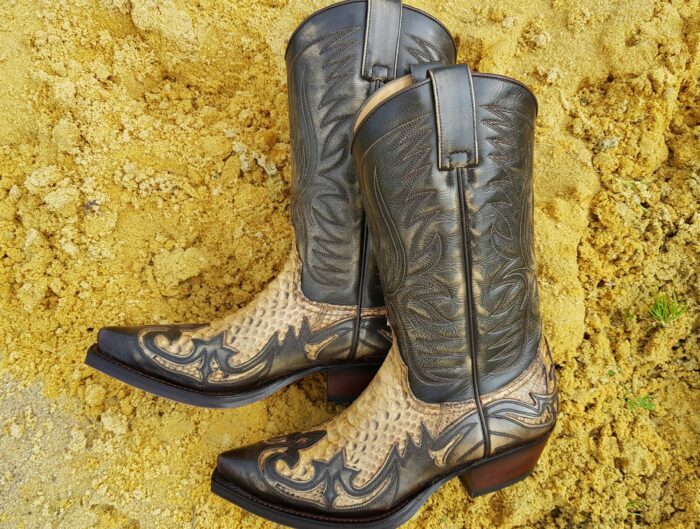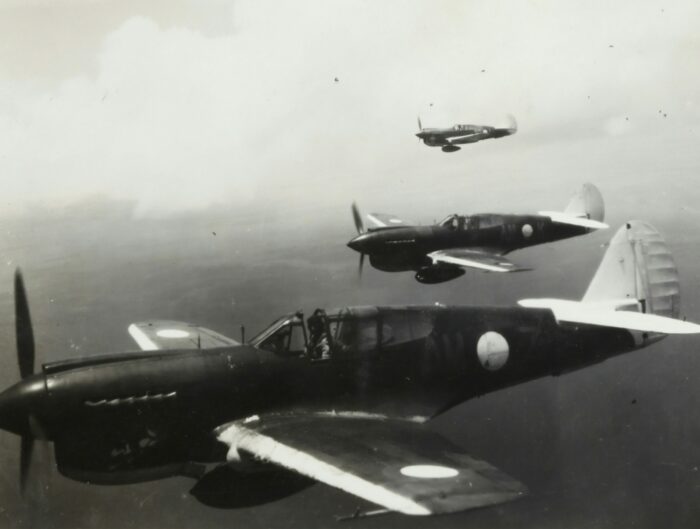Trying to hold himself together, Dru decided that he would take a walk to the park to write a short poem about a tree.
You see, Dru never had a strong shape—that is, his body didn’t seem to understand where its lines were drawn, how it fit with the empty space around him. Some days were particularly bad, with Dru seeming to disappear entirely, as though he was kept in place only by the walls of his small apartment. On good days, he could tie himself to form long enough to wander to the coffee shop to purchase a chai or a kouign-amann. When Dru told a stranger on the internet that he often felt like he could not distinguish his own skin from the air around him, the stranger asked if he was a ghost.
Hoping to make today the last in a streak of very bad days, Dru readied himself to walk to the park, to sit in front of any of the glorious gods that pushed themselves from the ground and write a few pretty lines. Perhaps, he thought, I could string myself together with the twine of nature and poetry. To keep from expanding into the atmosphere, Dru pulled himself together and into a tight coat and hat, with his journal tucked under the arm he could get to stay put. Somewhat collected, he drifted out of his apartment.
On his way to the park, Dru lost himself in his thoughts, wondering which tree he would ponder. Dru admired all trees—how sturdy they stood, how dominant they were in their own air. O, to call your space your space! he had written in his journal upon his last visit to the park. Maybe today he would puzzle out the poem that fit around the line.
But on his journey, about halfway across the intersection, as the white figure of a man disappeared and the orange hand began to flash, Dru fell into the Earth.
Dastardly shape, Dru thought, cursing his body as it bled into the ground. What use are you if not even the floor can hold you?
He felt himself sinking past concrete and cables; he heard the rolling clang of metal from the subway and smelled what could only be brown sloshing in the sewage pipes. Dru figured he would sink forever, falling until he either melted at the core of the planet or—realizing the dream of every child with a shovel—popped out the other side.
As Dru fell, he continued to grow, his worry exacerbating his formlessness. He expanded not only around the manufactured bits of the planet, but through the dirt and into the vital systems of the bugs that crawled through it. He was tickled by the undersides of flowers and transported through the strong, thirsty roots of the trees. He tasted the generous clovers of the ginkgo and the heavy trunk of the baobabs; even his veins shaped themselves to the spiny systems underneath the prodigious Pando.
Dru was becoming less and less himself and more and more a part of the earth and its fastidious freckles. He was zapped by lightning in the open plains of Africa and debased by sawblades in the disappearing forests of the Americas: the brutalism of the world cutting him to shreds. But he also felt relief in the faces he helped hide from the angry heat, and love in the form of four letters carved into the side of his being by the tip of a pocketknife.
Dru wound his way toward the sun, growing and expanding and realizing the strength of the world he was now consuming—that was now consuming him. He knew and understood the beauty of the words that people wrote underneath his leaves that twinkled with the wind, and he fell in love with the stories they created within him when his skin became bound and bartered. Dru grew closer not only to the earth but to those who inhabited it—who used and cherished him in every way they could. He no longer felt shapeless and empty but full
of water,
of air,
of leaves,
of light,
of love,
of the poetry of the world that strung everything so wonderfully together. ◆


